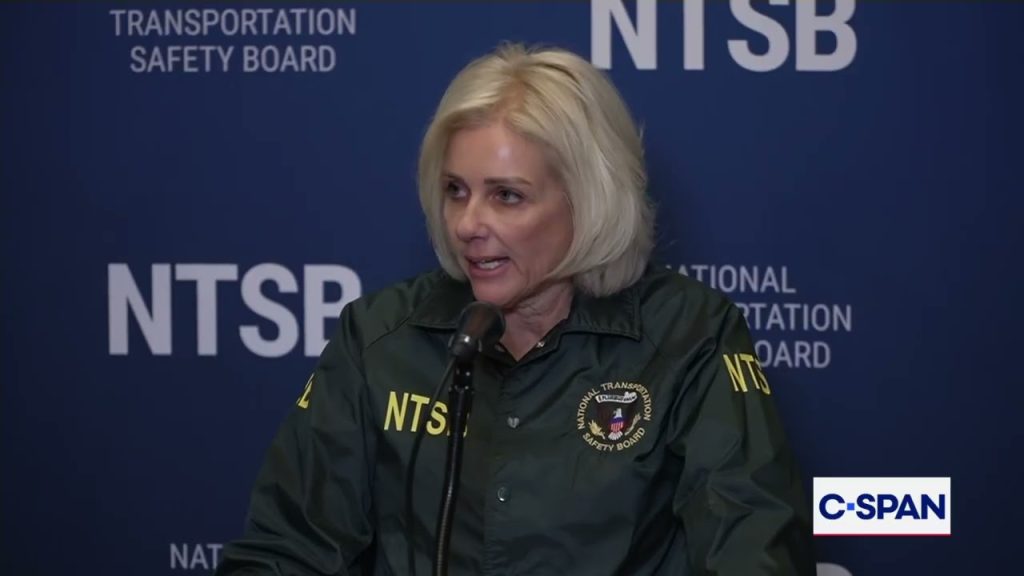The provocative phrase “America’s Being Run by 12-Year-Olds” evokes a striking image of immaturity within the nation’s leadership and governance. Although metaphorical, this title reflects a broader critique often expressed in political discourse that questions the competency, decision-making style, or emotional maturity of current political figures. It suggests a sense of frustration among segments of the public who perceive leadership decisions as irrational, impulsive, or lacking the gravitas traditionally associated with running a nation.
In recent years, American politics has been marked by increased polarization, unconventional communication styles, and a break from traditional decorum. The rise of social media and direct, sometimes confrontational rhetoric has pushed political debate into new, often unpredictable arenas. This environment can appear chaotic and immature to many observers, especially when compared to prior generations of political leaders.
Moreover, the “12-year-old” analogy could be interpreted as a reflection on a perceived lack of experience or seriousness in handling complex issues. This resonates amid debates over how elected officials navigate challenges such as economic policy, climate change, national security, and social justice. Voters and commentators alike sometimes express exasperation at what they see as partisan bickering or theatrics that seem more characteristic of adolescent spats than adult governance.
This metaphor also taps into ongoing discussions about generational divides in politics—where millennials and Gen Z are increasingly active both as voters and candidates—and how their approach to politics differs from older generations. Some critics argue that younger political figures or those embracing new communication styles lack the maturity necessary for steady leadership, while supporters contend that fresh perspectives and authenticity are exactly what the country needs.
Ultimately, the sentiment expressed by framing America’s leadership as “12-year-olds” highlights the tensions between expectations and reality in contemporary political life. It underscores the demand for leaders who combine competence and empathy, maturity and innovation to address the complex and rapidly evolving issues facing the nation.
Where to Learn More
- Politico – Comprehensive political news and analysis on U.S. leadership and policy issues
- CNN Politics – Up-to-date political coverage and diverse perspectives on national governance
- The Brookings Institution – Expert research and insights on public policy and leadership dynamics
- The New York Times Politics – In-depth reporting on American political figures and institutional challenges
- Pew Research Center Politics – Data-driven analysis of political trends and generational shifts in American public opinion




